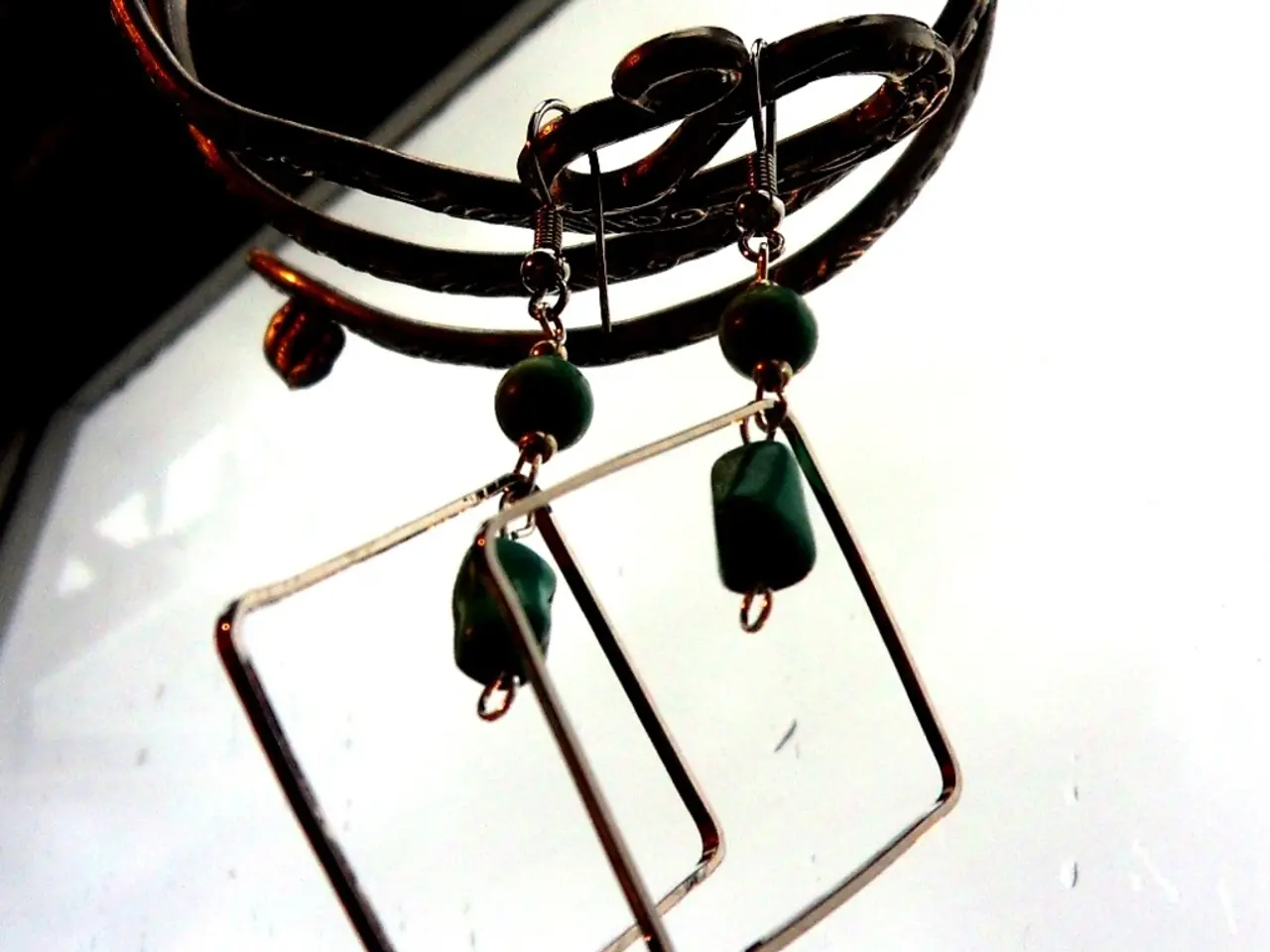Samsung Ring as Hazard: Swollen Battery Lands Man in Hospital - British Man's Smart Ring Causes Medical Emergency at Frankfurt Airport
A British man, Daniel Rotar, found himself in a medical emergency at Frankfurt Airport due to a defective Samsung smart ring. The incident, which caused his finger to swell, has raised concerns about the safety of such devices.
Rotar's ordeal began when he was denied boarding due to the swelling of his finger caused by the ring. Doctors had to remove the ring using ice and lubricant, as cutting it off was not an option. The incident occurred while Rotar was changing planes on his way back from a business trip to Hawaii.
The cause of the swelling is still unknown, but Rotar suspects heat, saltwater, or previous battery issues may have contributed. This is not the first time Samsung has faced issues with faulty batteries. In 2016, they recalled their Galaxy Note 7 smartphones due to fire-prone batteries. The smart ring in question uses a similar lithium-ion battery, which, if swollen, can pose a fire risk.
Samsung has sent the defective ring for examination and is investigating the issue. This comes after another Samsung ring owner reported battery swelling on Reddit. All smart rings on the market use a similar closed design and lithium-ion batteries, potentially posing a risk if the battery swells.
The incident has highlighted the potential dangers of lithium-ion batteries in closed designs, such as those used in smart rings. While Samsung investigates the cause of the battery swelling, users are advised to be cautious with their devices, especially when exposed to heat and water. The safety of these devices is a pressing concern, and manufacturers should prioritize thorough testing to prevent such incidents in the future.
Read also:
- Contributions have been made to explore the potential of decreasing vehicle count within the Union.
- Vans returning, allegedly?
- New details have surfaced regarding the extended ranges for the Tesla Model Y L and Model 3+ vehicles.
- Urgent Action: Users of Smartphones Advised to Instantly Erase Specific Messages, as per FBI Admonition








